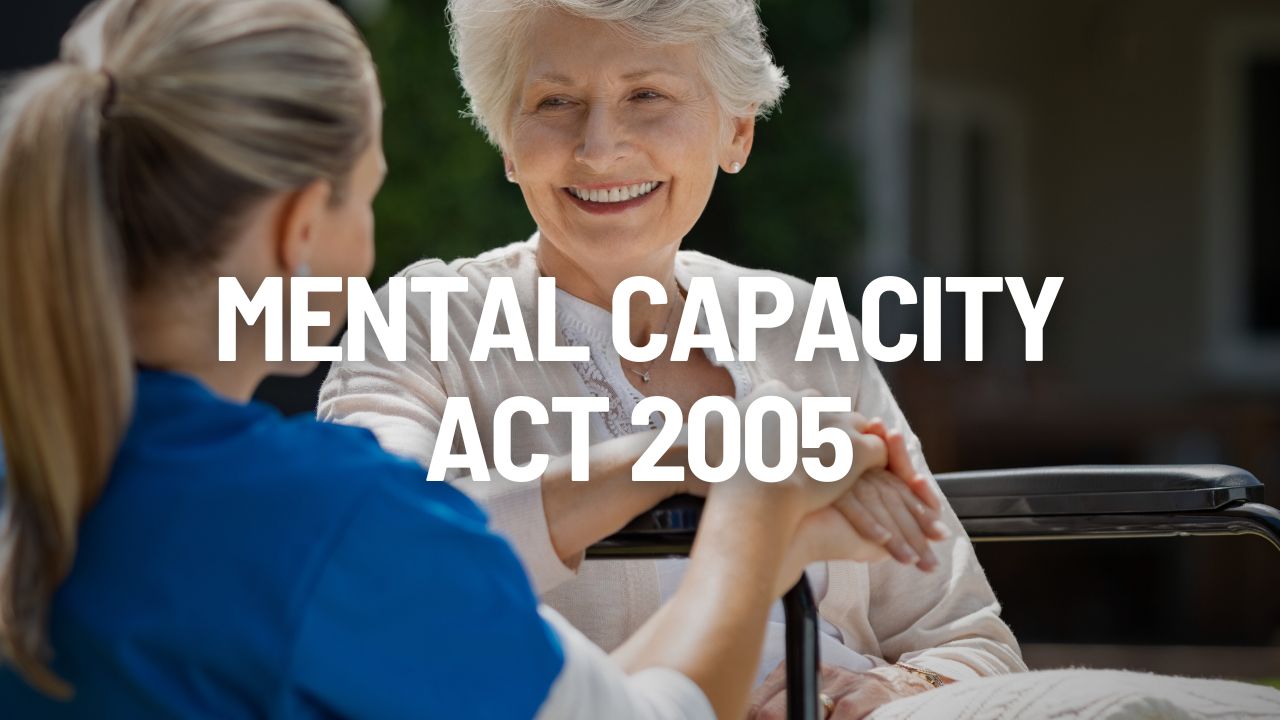Aged Care sector in India is gradually blooming into a flower and this is the time all industry professionals and concerned stakeholders need to provide nourishment in the form of knowledge sharing. Since Senior Care as a professional domain is relatively new, it is important that one refers to the time-tested standards and guidelines of matured social economies.
I will try to highlight the good practices across the Globe which can be evaluated by the relevant industry leaders and take up the subject with the government representatives. There is need for important Acts which will have long lasting and positive implications for the eldercare sector.
The Mental Capacity Act 2005, covering England and Wales, provides a statutory framework for people who lack capacity to make decisions for themselves, or who have capacity and want to make preparations for a time when they may lack capacity in the future. It sets out who can take decisions, in which situations, and how they should go about this.
The legal framework provided by the Mental Capacity Act 2005 is supported by the Code of Practice (the Code), which provides guidance and information about how the Act works in practice. The Code has statutory force, which means that certain categories of people have a legal duty to have regard to it when working with or caring for adults who may lack capacity to make decisions for themselves.
How should the Code of Practice be used?
The Code of Practice provides guidance to anyone who is working with and/ or caring for adults who may lack capacity to make particular decisions. It describes their responsibilities when acting or making decisions on behalf of individuals who lack the capacity to act or make these decisions for themselves. In particular, the Code of Practice focuses on those who have a duty of care to someone who lacks the capacity to agree to the care that is being provided.
Statutory Principles in relation to Capacity to Consent. The Act sets out five statutory principles:
- A person must be assumed to have capacity unless it is established that they lack capacity.
- A person is not to be treated as unable to make a decision unless all practicable steps to help them to do so have been taken without success.
- A person is not to be treated as unable to make a decision merely because they make an unwise decision.
- An act done, or decision made, under this Act for or on behalf of a person who lacks capacity must be done, or made, in their best interests.
- Before the act is done, or the decision is made, regard must be had to whether the purpose for which it is needed can be as effectively achieved in a way that is less restrictive of the person’s rights and freedom of action.
The Mental Healthcare Act, 2017 in India can also be referred alongside.
The document Mental Capacity Act 2005 can be downloaded here or can be accessed below
